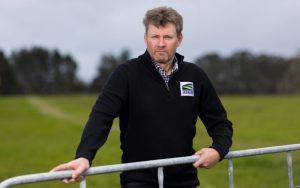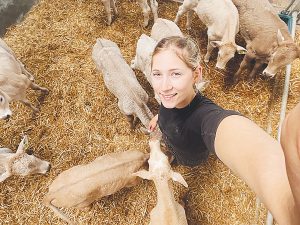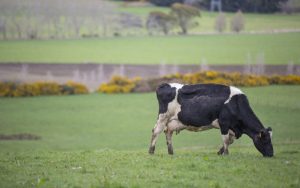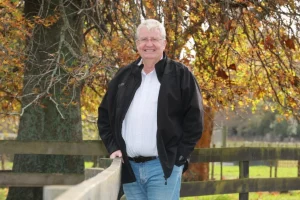
The country’s biggest processing companies are starting to tackle their Scope 3 emissions, which includes their indirect emissions from farms, as they come under pressure themselves.
Lincoln University agribusiness and food marketing programme director Dr Nic Lees said people now wanted to know the carbon footprint of the whole supply chain, which was prompting greater scrutiny.
“That’s going to be where the pressure comes on farmers,” he said. “Previously you could kind of hide things behind the farm gate, but you can’t do that any more.”
Fonterra, the country’s largest milk processor, told its farmer shareholders last month that it’s likely to set a target for Scope 3 emissions, which includes emissions from farms that supply it with milk.
And Silver Fern Farms, the country’s largest meat processor, plans to set its Scope 3 target next year, which would include livestock emissions from its farmers, something it believes will be a “game-changer”.
Fonterra has warned farmers that not meeting sustainability expectations could see it lose customers, face trade barriers in overseas markets and restrict its ability to get bank funding.
Silver Fern Farms chief executive Simon Limmer agreed.
“Our markets are demanding it,” Limmer said in an interview at Fieldays. “It’s really hard to argue against the market, and nor should we.”
Limmer said expectations of food producers continued to rise as consumers became more informed about where their products came from and how they were produced.
“It’s also driving better practices,” he said. “Whilst there’s pain through the change that has to be made, I think it’s going to be really valuable for us long term.”
Limmer said companies were trying to sell as much as possible at premium prices rather than in commodity markets.
“You have got to justify why you’re at the top and what the difference is and that the expectations are being met,” he said.
Still, National Party leader Christopher Luxon told reporters at Fieldays that farmers were being hit with regulatory overload.
”It’s really tough to be a farmer in New Zealand at the moment,” he said. “They feel very let down and very beat up on.”
Prime Minister Jacinda Ardern told reporters primary industries were going through a period of change.
But she said food exports would not maintain their growth unless they could demonstrate their continued sustainability.
“I know it’s hard, but I know it’s also going to be worth it in terms of the value that we will get for our products,” she said.






















